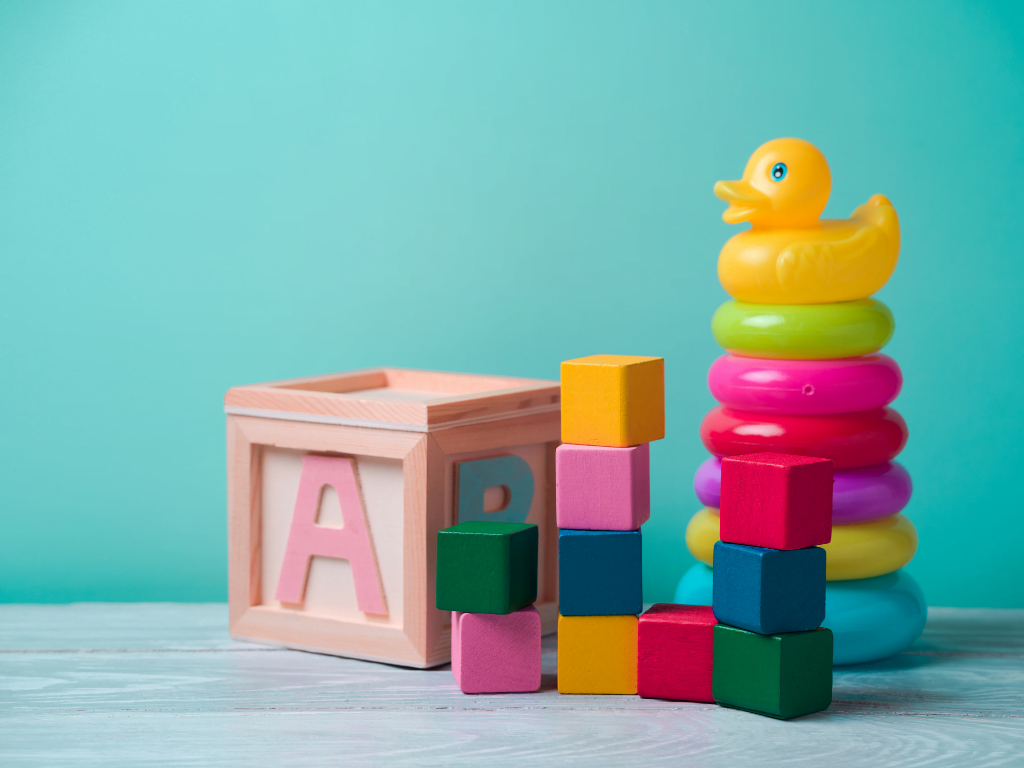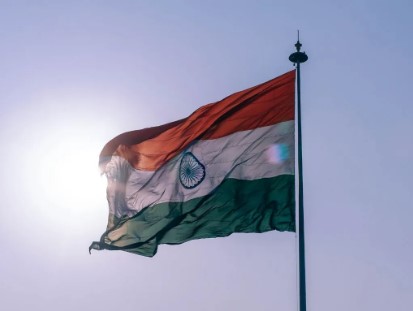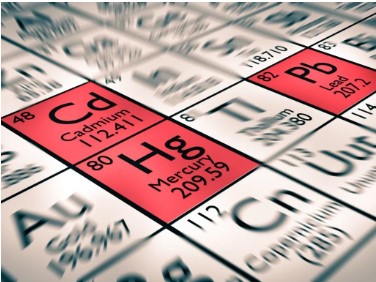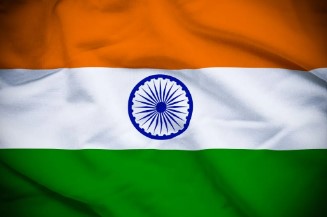India bans single-use plastics

Single-use plastics are plastic goods that are used once and then discarded. One of the largest percentages of plastic produced and used is single-use plastic, which includes food packaging, polythene bags, face masks, coffee cups, cling film, garbage bags, and bottles of shampoo, soap, and cosmetics.
Earbuds, balloon sticks, candy and ice cream sticks, cutlery items like plates, cups, glasses, forks, spoons, knives, and trays, sweet boxes, invitation cards, cigarette packs, PVC banners measuring under 100 microns, and polystyrene for decoration are among the things the Central Pollution Control Board (CPCB) has declared illegal.
In September 2021, the Ministry already prohibited polythene bags smaller than 75 microns; the previous maximum was 50 microns. From December 2022, polythene bags smaller than 120 microns will also be prohibited. According to the ministry representatives, the prohibition is being implemented gradually to give producers time to switch to thicker, easier-to-recycle polythene bags. For bags that are 50 and 75 microns, manufacturers can utilise the same machine; however, for bags that are 120 microns, the equipment will need to be modified.
The State Pollution Control Boards (SPCBs), which will submit regular reports to the Center, as well as the CPCB from the Center will monitor the ban. At the national, state, and local levels, instructions have been given to all petrochemical companies, for instance, not to supply raw materials to businesses that manufacture the prohibited goods.
Additionally, instructions have been given to SPCBs and Pollution Control Committees on how to change or cancel the permission to operate granted under the Air/Water Act to businesses that manufacture single-use plastic items. Local governments have been ordered to provide new commercial licences with the requirement that SUP items will not be sold on their premises and that any permits already in place would be revoked if it is discovered that they are doing so.
According to the Environment Protection Act of 1986, anyone found in violation of the ban faces a punishment of up to 5 years in prison, a fine of up to Rs. 1 lakh, or both.
The SPCB may also require violators to pay environmental damage compensation. Municipalities also have their own plastic trash regulations and criminal codes.



